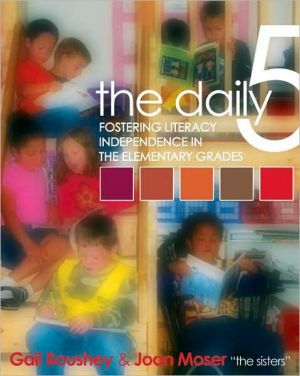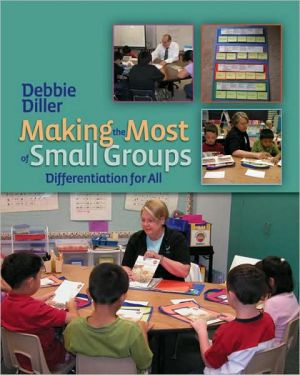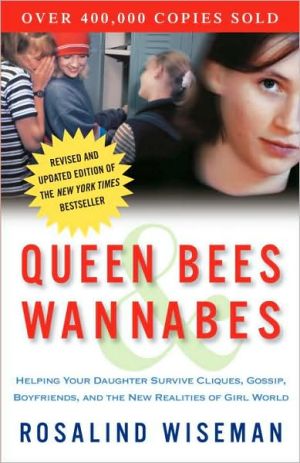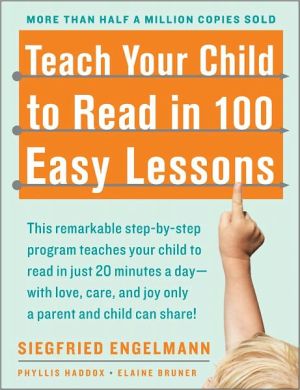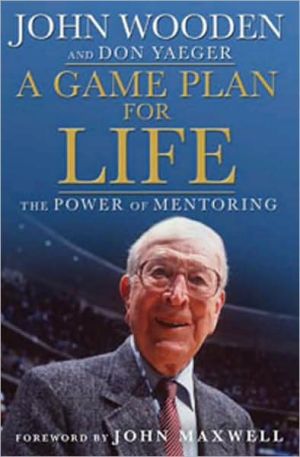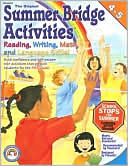Learning to be a Person in Society
Search in google:
Learning is a lifelong process and we are the result of our own learning. But how exactly do we learn to be a person through living? In this book, Peter Jarvis draws together all the aspects of becoming a person into the framework of learning. Considering the ongoing, "nature versus nurture" debate over how we become people, Jarvis’s study of nurture - what learning is primarily about – builds on a detailed recognition of our genetic inheritance and evolutionary reality. It demonstrates the ways in which we become social human beings: internalising, accommodating and rejecting the culture to which we are exposed (both primarily and through electronic mediation) while growing and developing as human beings and people. As learning theory moves away from traditional, single-discipline approaches it is possible to place the person at the centre of all thinking about learning, by emphasising a multi-disciplinary approach. This wide-ranging study draws on established research from a number of disciplines into the complexities that make us who we are. It will appeal to a wide variety of audiences: those involved in all fields of education, the study of learning and development, human resource development, psychology, theology and the caring professions.
Preface xiSection I Laying the foundations 11 A person in society 3Part 1 The concept of the person 3Part 2 The concept of society 7Part 3 The person in society 11Conclusion 182 Learning in society 19Part 1 The influence of the wider society 19Part 2 Learning 24Conclusion 313 Learning in early childhood 32Part 1 The primacy of relationship 32Part 2 Learning and the senses 38Part 3 Learning in play 41Part 4 Learning language 43Part 5 Socialisation 44Concluding discussion 474 Practical living 48Part 1 Action 48Part 2 The situation 51Conclusion 545 Experience 55Part 1 Experience as consciousness 58Part 2 Experience as biography 61Part 3 Experience as episodelevent 63Part 4 Experience as expertise 65Concluding discussion 666 Meaning 69Part 1 Cultural meaning 70Part 2 Personal and subjective meaning 74Part 3 Meaning and learning 76Conclusion 77Section II Processes of learning 797 Experiencing 81Part 1 In time 82Part 2 Space 85Part 3 Experiencing ourselves 88Conclusion 898 Perceiving 90Part 1 Perception and the body 91Part 2 Factors that affect our perception 93Conclusion 999 Thinking 101Part 1 Non-reflective thought 102Part 2 Reflective thought 104Part 3 Cognitive development 106Part 4 Styles of thinking 108Part 5 Ways of reasoning 109Part 6 Ways of knowing 110Conclusion 11210 Knowing 113Part 1 Knowing and personal knowledge 113Part 2 Narrative knowing 116Part 3 Women's way of knowing 118Part 4 Knowing ourselves 120Part 5 Learning and knowing 121Conclusion 12211 Believing 123Part 1 Believing, meaning and truth123Part 2 Towards an understanding of religious and theological interpretation 125Part 3 Faith development 130Part 4 Spiritual dimensions of human learning 133Conclusion 13612 Feeling - emotions 137Part 1 The concept of emotion 137Part 2 Emotions within the human being 139Part 3 Emotions and experience 141Part 4 Emotions and learning 142Part 5 Learning to control our emotions 143Conclusion 14413 Doing 146Part 1 Practical living 146Part 2 Learning to be an expert 150Part 3 Skills learning 151Part 4 Tacit knowledge 152Part 5 Creative doing 154Conclusion 15514 Interacting 156Part 1 Externalising 157Part 2 Internalising 161Conclusion 16315 Valuing 164Part 1 Pre-cognitive and pre-conscious learning of universal value 165Part 2 Learning moral goodness 166Part 3 The stages of moral development 171Part 4 Private values and public standards 172Conclusion 17516 Positioning 176Part 1 Attitudes 176Part 2 Intelligence 180Part 3 Motivation 181Conclusion 183Section III Being and becoming 18517 Becoming 187Part 1 The life cycle and ageing 188Part 2 Life transitions 191Part 3 Life history and learning from our lives 193Part 4 Achieving our human potential 195Conclusion 19718 Being 198Part 1 The emergence of individual self-identity 200Part 2 Towards social identity 202Part 3 Personality 204Part 4 On being a person in society 206Conclusion 207References 209Index 219

